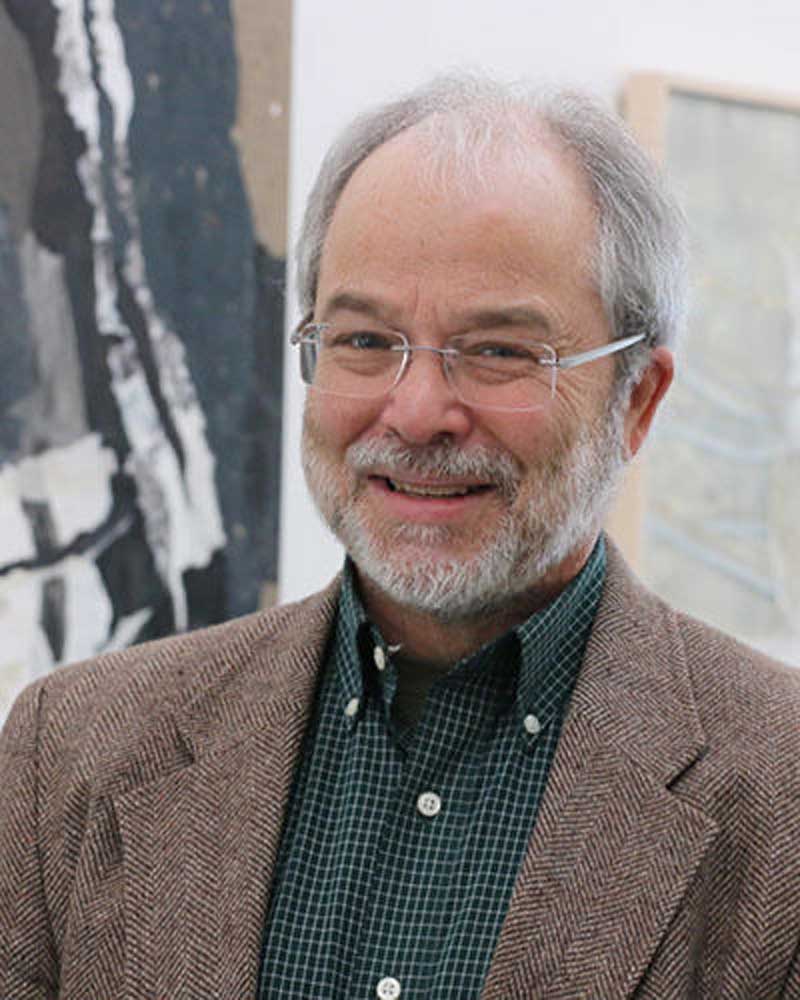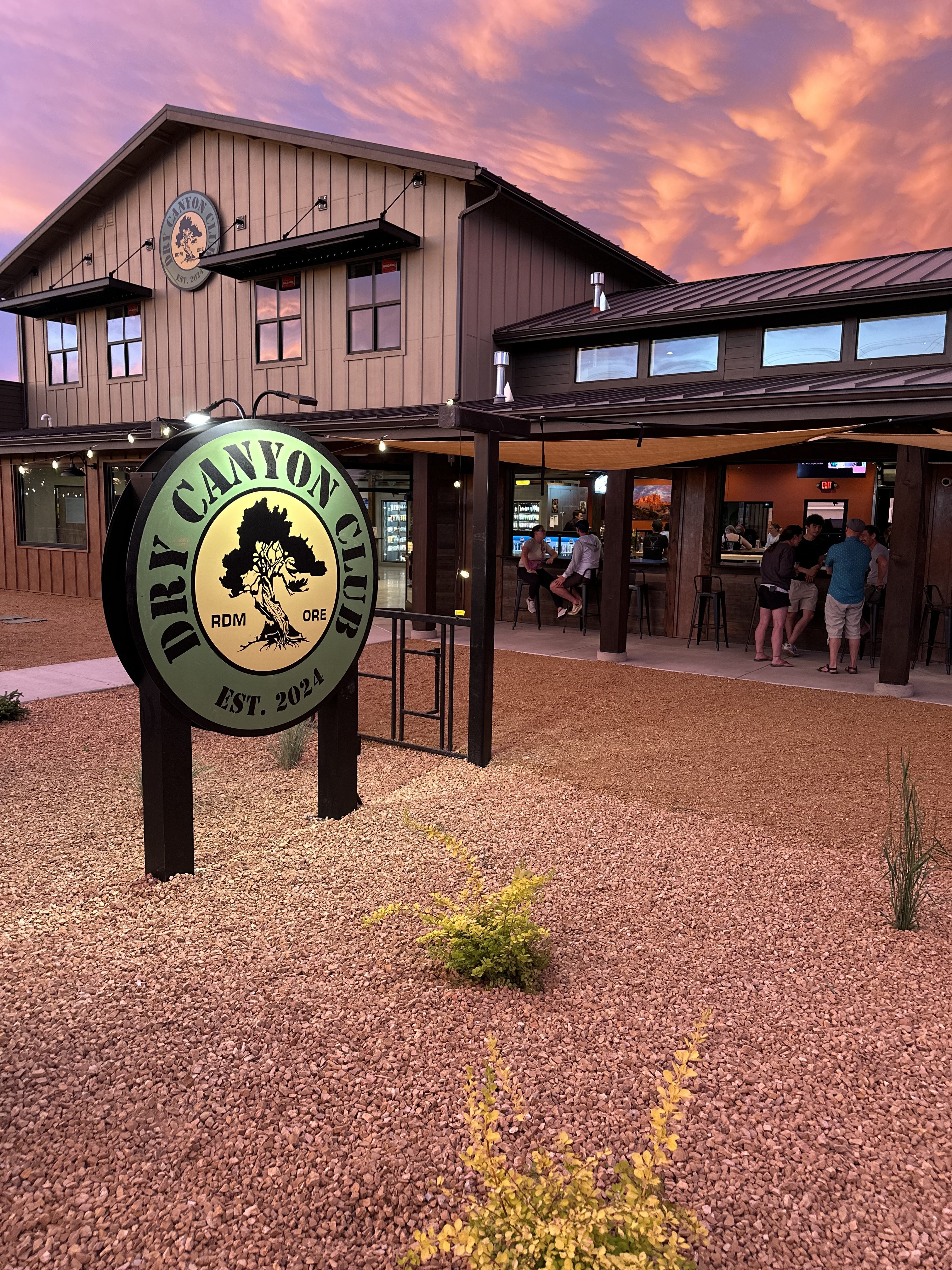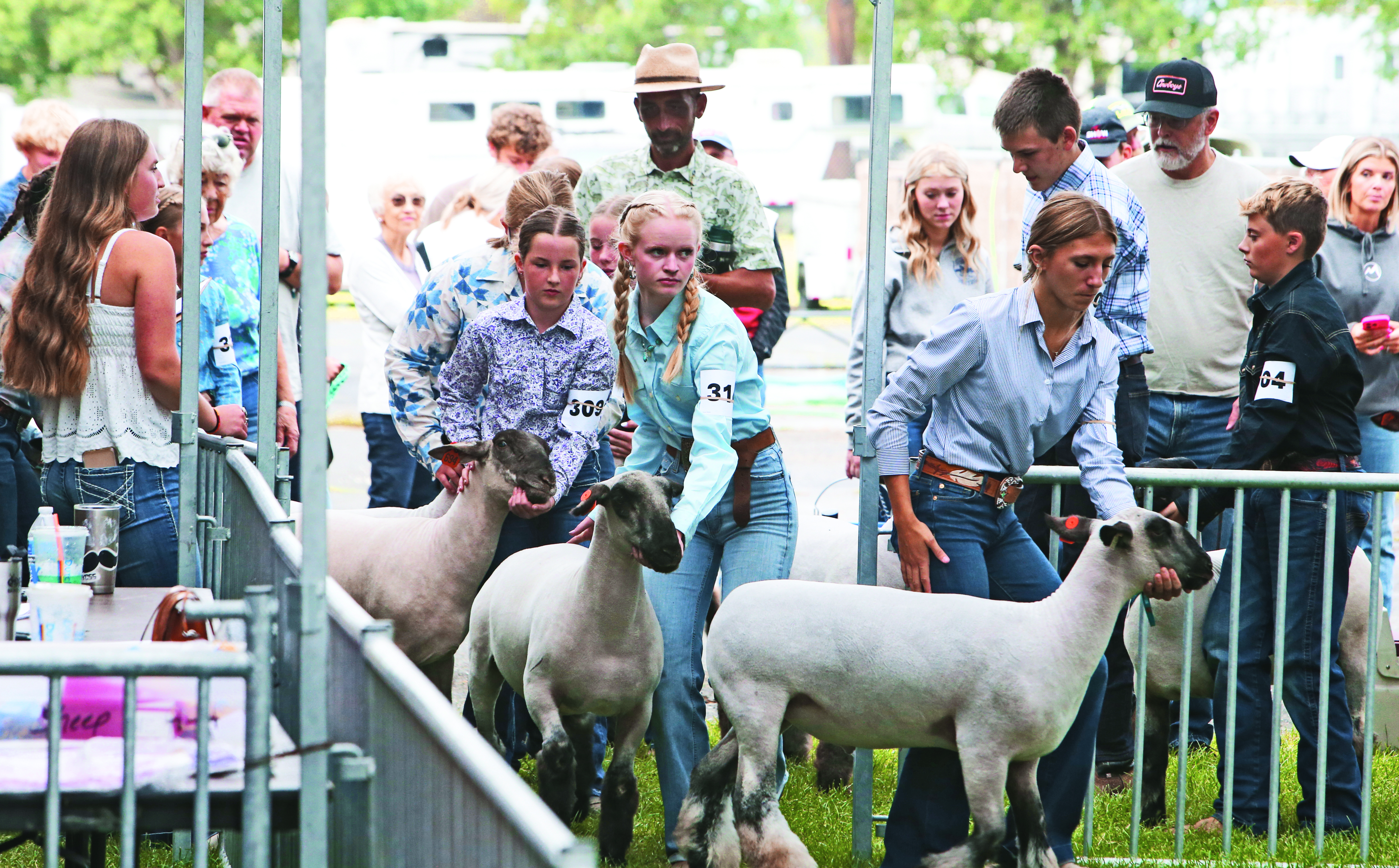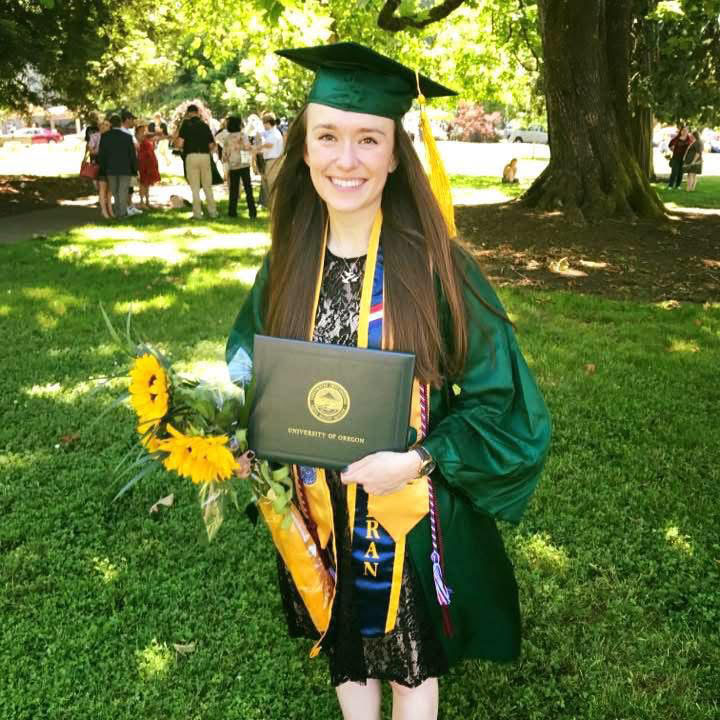Column: Houses of love and fear
Published 1:00 pm Thursday, January 4, 2024

- Steve Trotter
Henri Nouwen was a Dutch priest, a Roman Catholic who lived much of his life in the United States. Ordained to the priesthood in 1957, Nouwen died in 1996. Educated in The Netherlands, he taught at Notre Dame, Harvard and Yale.
Trending
A prolific author, Nouwen draws an interesting contrast among us all. He said people live either in what he called “the house of fear,” or we live in, his phrase: “the house of love.”
It’s an interesting distinction.
You don’t have to look very far to see what living in the house of fear produces. A proliferation of violence against anyone and everyone perceived as different, or other, or “them.” The highest gun ownership per capita of any modern nation. A recent article in a major newspaper said the reason many people buy a gun — or another gun — is fear.
Trending
We fear many things. The wealthy fear losing their status, their wealth, their power. The middle class fear sliding lower on the economic scale. Those at the lower end of that scale fear being stuck there for the rest of their lives.
We fear the unknown, which is to fear much of life. We each have only the moment we live in right now. The past is gone. The future is unknown, and what we cannot know, we tend to fear.
Fear of not having enough makes us aggressive around others who want what we want. Fear of being cut off in traffic, or someone taking our spot, or not giving way to a driver trying to move ends — at best — with us being upset or angry or — at worst — road rage and its accompanying violence, sometimes death. Sometimes our own death.
Fear can be useful.
Along the way, as humans competed with animals for food and shelter — fearing say, a saber-toothed tiger — was the better part of wisdom. A fearless person wouldn’t last long in competition with aggressive animals well-equipped to kill. Fear keeps us from walking blithely into a dark alley in a major city late at night. Fear has us clutch our purse on crowded streets, lest we be robbed.
Nouwen argued that living in the house of fear was far from those healthy examples. He spoke of fear being our normal state. Fear makes us suspicious of everyone and everything. Fear closes us down emotionally. Fear keeps us on edge, distrustful and cynical, abrasive and protected.
Living in the house of fear is not really living at all.
Living in the house of love sounds to our indoctrinated American ears as something wimpy, something weak, something for those whose head is in the clouds. I say “indoctrinated,” because the word love has been changed over many years. Hallmark has romanticized the word, as has Hollywood and many paperback books facing us at the grocery store.
Love is a feeling, an emotion. We’ve been taught that love is fine for certain times and places, certain occasions and events. But the world is much too challenging to let love assume a dominant place.
Then we read a story of a father’s love for his child, that father overcoming obstacles that would stop you or me, in order to bring health or safety to his threatened child. A mother who stopped at nothing to find out what happened to her son, kidnapped by death squads in any number of countries. Why go to the trouble, risking her own kidnapping? Love.
“Love is a choice, not an emotion,” I heard a preacher say long ago. Now, years older, looking back over my life, I think he was right.
Love isn’t a weak, Hallmark-card expression of emotion. Love, whether it’s a parent’s, a spouse’s, a patriot’s or a teenager’s, is a force powerful beyond measure.
Love flips fear on its head. Fear hunkers down, turns inward, focuses on self. Love is expansive, looking outward, sees the other as valuable, risks being vulnerable and reaps the benefits from same.
House of fear? It’s a dead end. A small house indeed.
House of love? It’s a wide-open field without boundaries. A many-roomed mansion in comparison.
As I look around our community, I see people who choose to live in the house of love. They’re the ones who let you merge, who assist you at the store when you’re holding one bag more than is comfortable, who smile at you for no reason, who won’t engage in speaking ill of another, who expect the best and are seldom disappointed, who help rather than judge those down on their luck.
I also see people who reside in the house of fear. Seldom smiling, they seem perpetually angry. Often judging people of another nationality or race or color or education level, their insecurities drive them to bluster and condemn and shrink life down to slogans, missing the delightful ambiguities in every life — the shades of gray that make conversations and decisions interesting and challenging.
Fear dehydrates them. They seem shrunken and shriveled, surviving by fear and little else, never drinking of the fresh, cold, clear water of love.
I never met Henri Nouwen. He spent the last years of his life in Toronto, Canada, caring for profoundly handicapped people — people that some would say should be put out of our misery.
Nouwen lived in the house of love, or gave his best so to do. I think he did a fine job of it, offering love through his writing and his actions.
He was the right sort of real estate agent, encouraging us to find a healthy home, the right house — the house of love. That’s the place where we can grow and mature and deepen as we spend our days in that warm, light-filled space.








